History Makers
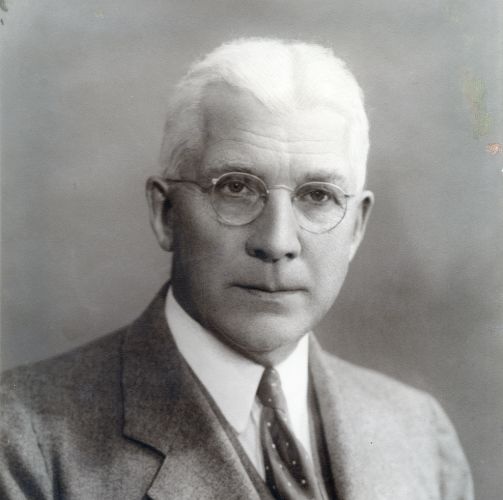
Edward F. Nickoley
Led AUB through WWI
- University Founders and Leaders
- University of Illinois, BA; University of Illinois, MA; University of Illinois, PhD
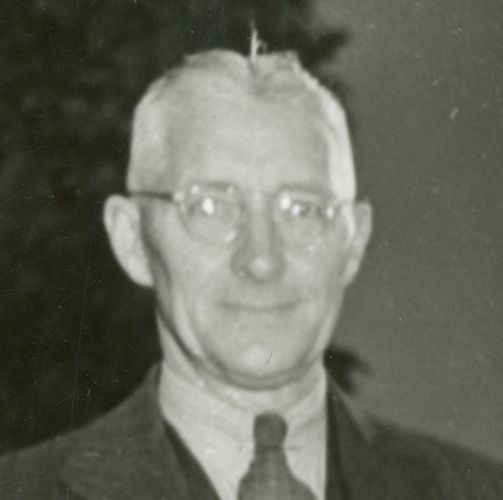
Bayard Dodge
Leader, Philanthropist
- University Founders and Leaders
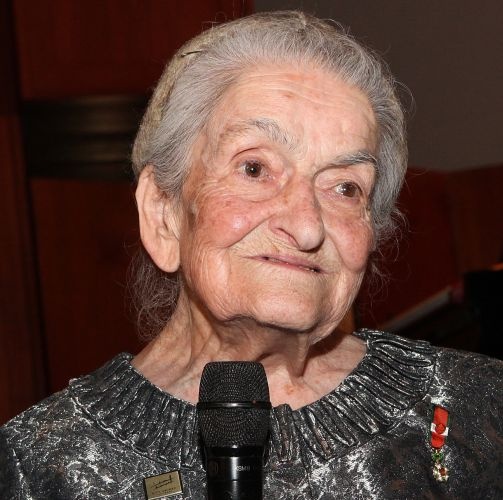
Anissa Rawdah Najjar
Journalist, Women's Rights Leader
- Activists and Public Servants
- AUB, BA Sociology 1936
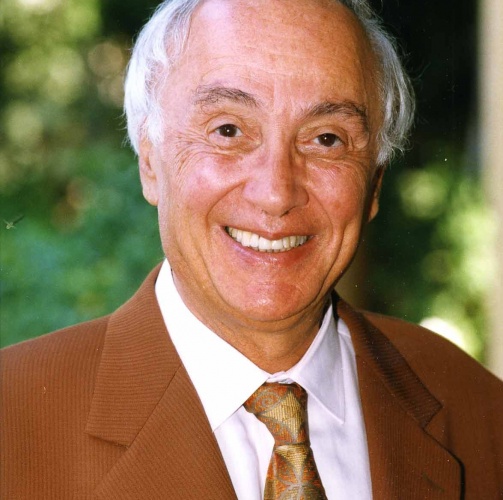
Ali Ghandour
Business Leader, Trustee
- Leaders in Business
- 1979
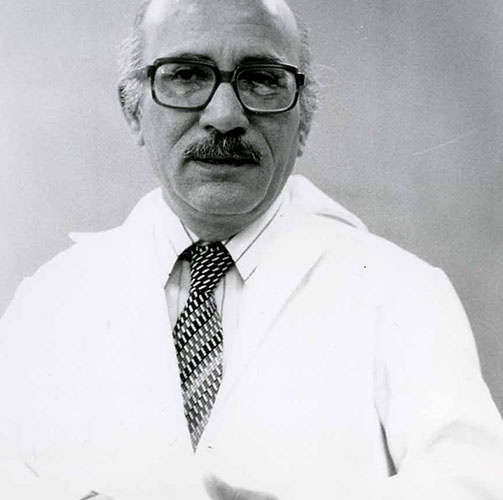
Aftim Acra
Public Health Expert
- Great Scholars and Teachers
- 1957
- 1955-2006 as professor of environmental sciences
- AUB, PhC 1946; University of North Carolina, MPH
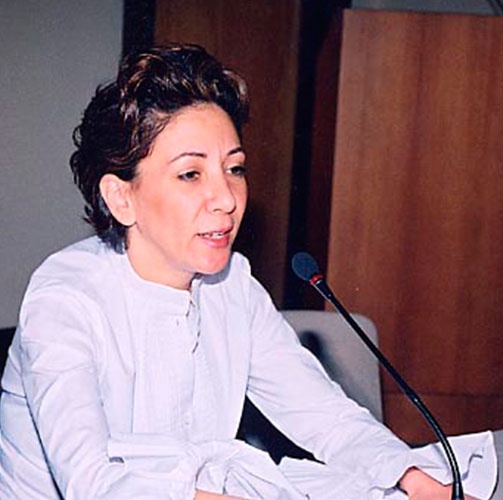
Reem Acra
Fashion Designer
- Visionary Architects and Designers
- 1982
- AUB, BBA 1982
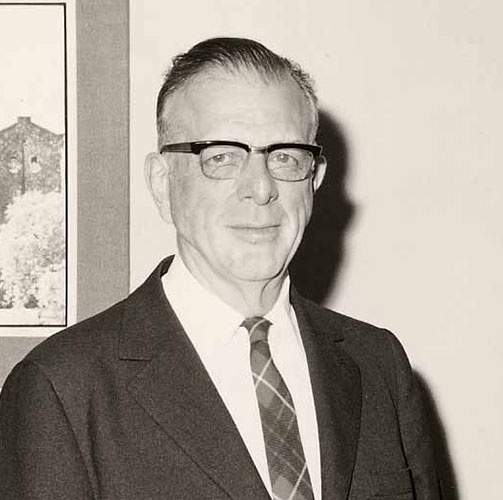
Samuel B. Kirkwood
AUB President and Public Health Expert
- Great Scholars and Teachers
- 1962
- 1962-1976 as dean of the Faculty of Medical Sciences and president
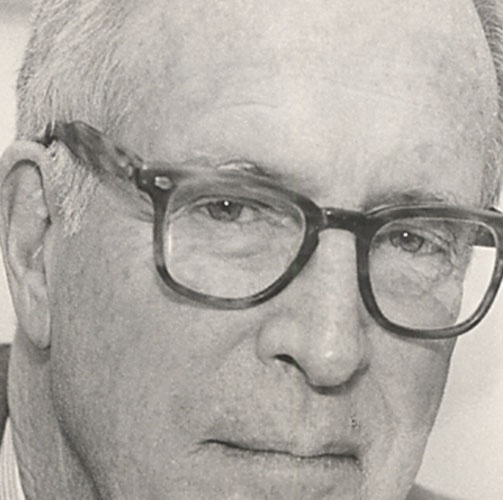
Frederic P. Herter
AUB President and Surgeon
- Great Scholars and Teachers
- 1977
- 1977-1987 and 1993-1996 as trustee; 1985-1987 as board chair; 1987-1993 as president; 1996-present as trustee emeritus
- Harvard University, BS 1941, MD 1944
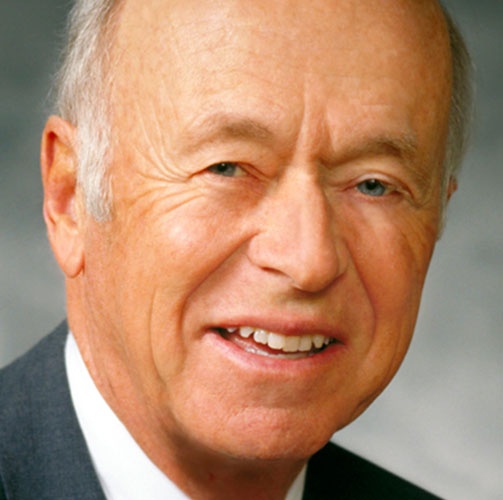
Stephen Bechtel
Engineering and Construction Executive
- Innovative Engineers and Scientists
- 2016
- Purdue University; Standford University
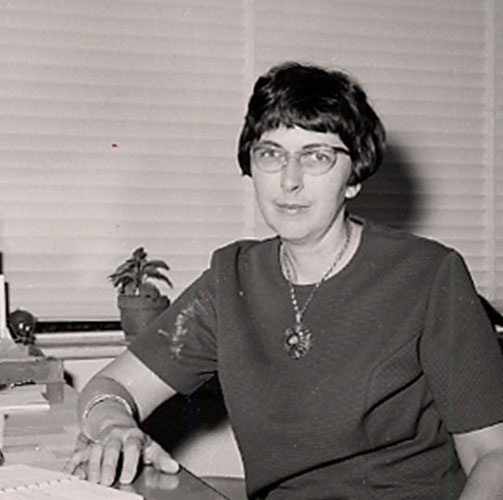
Mary Robinson
First Dean of Women at AUB
- University Founders and Leaders
- 1959
- 1960-69 as dean of women
- Duke University, BA; Columbia University, MA
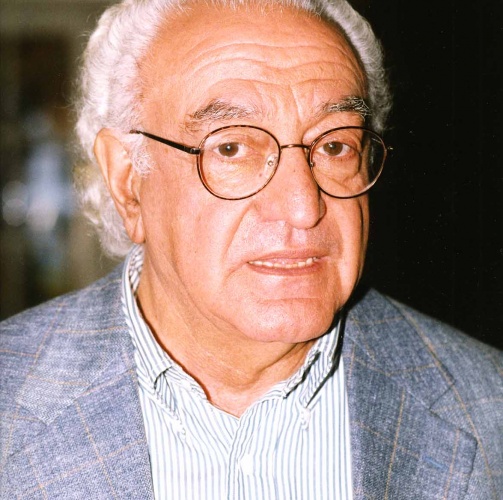
Nicola Khuri
Preminent Physicist
- Great Scholars and Teachers
- 1957
- 1957 to present as professor of physics and trustee
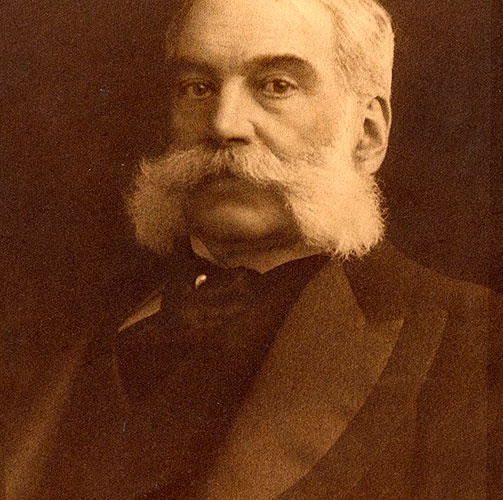
Morris Ketchum Jesup
SPC Co-Founder, Banker, and Philanthropist
- University Founders and Leaders
- 1884
- 1884-1908 as trustee
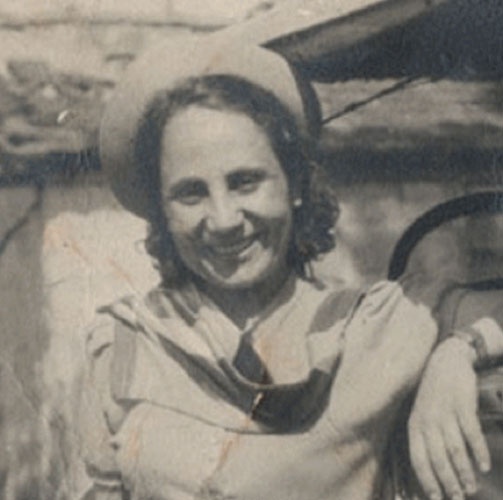
Wadad Cortas
Principal of al-Ahliah Girls College
- University Founders and Leaders
- 1930
- AUB, BA 1930
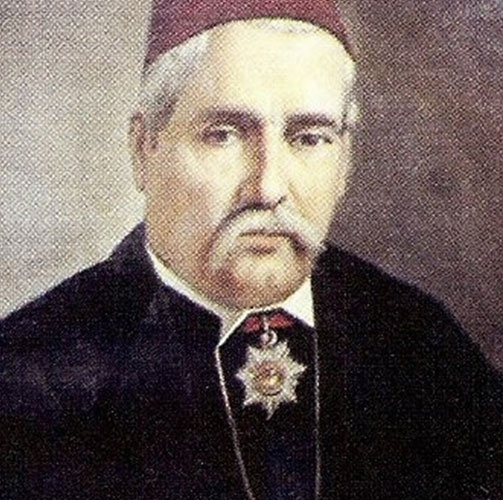
Boutros Bustani
Father of the Arabic Renaissance
- Great Scholars and Teachers
- 1875
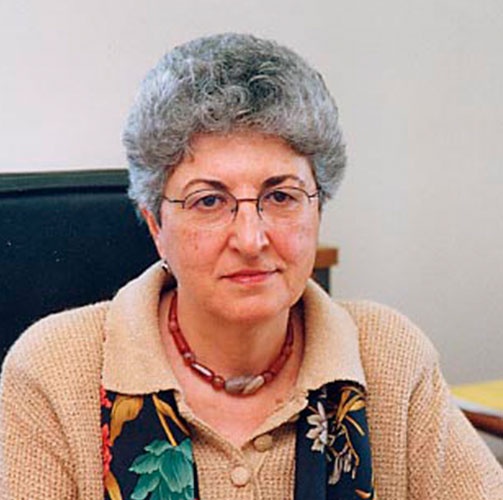
Huda Zurayk
Public Health Champion
- Pioneers in Health
- 2016
- AUB, BA Statistics 1965; Harvard University, MS; John Hopkins University,PhD 1974
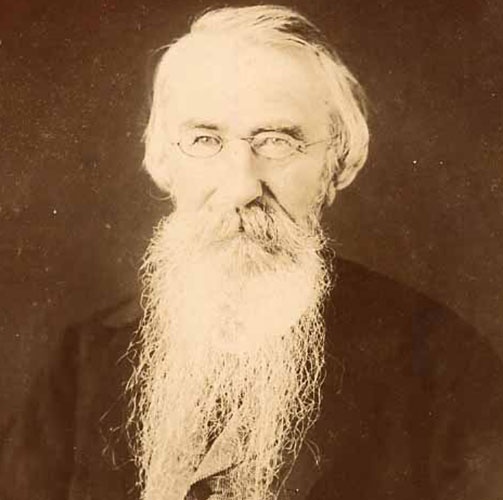
Cornelius Van Alen Van Dyck
SPC Founder, Arabic Scholar
- University Founders and Leaders
- 1895
- 1866-1895 as SPC co-founder and administrator
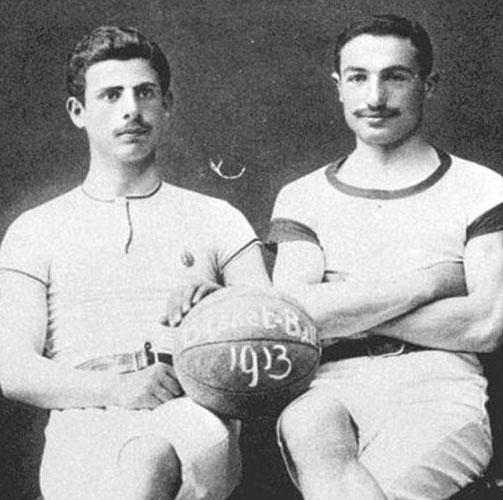
Izzat Tannous
Politician, Doctor
- Activists and Public Servants
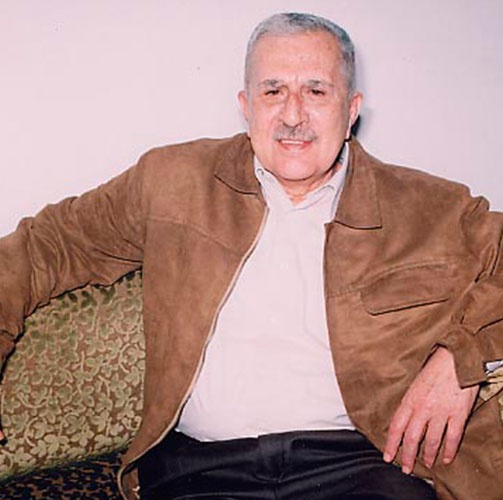
Kamal Salibi
Historian
- Great Scholars and Teachers
- 1950
- AUB, BA History 1949; University of London, PhD 1953
